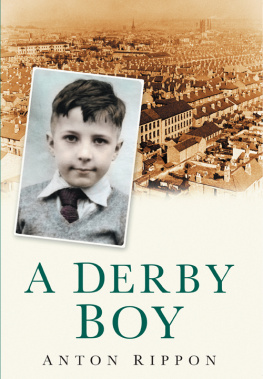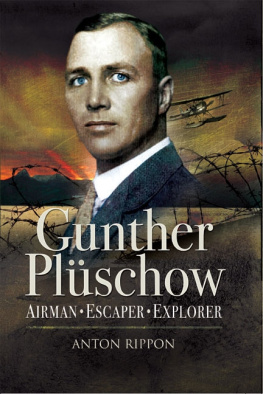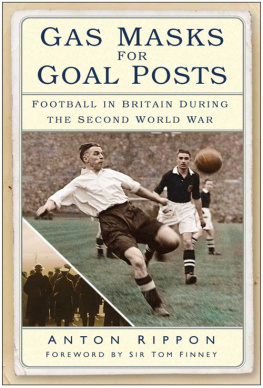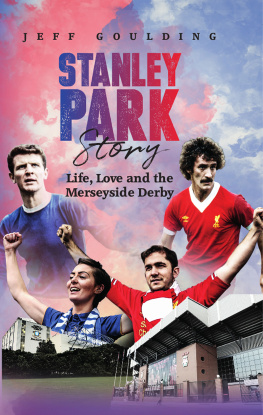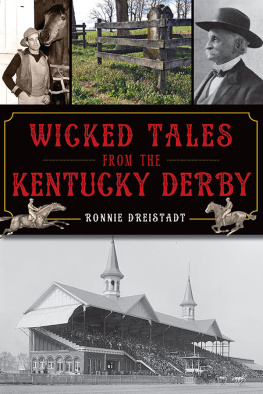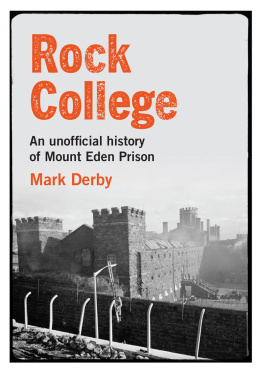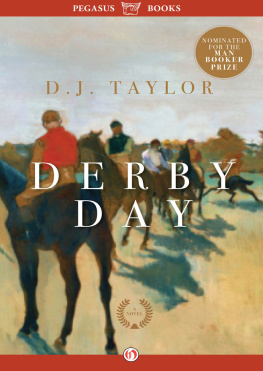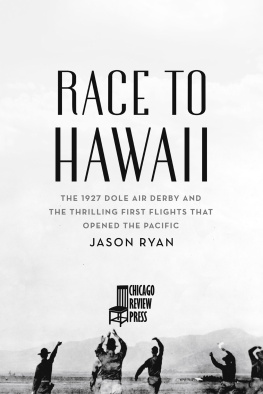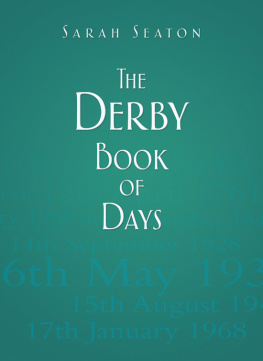
Anton Rippon has spent the last forty-six years (apart from three helping to run a sports centre) in the newspaper and publishing industry. Between 1965 and 1975 he managed the Derby Evening Telegraphs office at Burton upon Trent and later worked as a feature writer at the newspapers Derby office. As a freelance his work has appeared in national newspapers including The Times, Independent, Guardian and Sunday Telegraph, and many national magazines. Anton has written documentary series for BBC Radio Derby and appeared on national radio and regional television. He also wrote and co-produced the highly acclaimed documentary film The Derby County Story. He has had over twenty books published, mostly on sport but also on the history of his home town of Derby. Today he writes a popular weekly column in the Derby Evening Telegraph. For over twenty years he ran Breedon Publishing, the company he co-founded in 1982 and which he sold in 2003 to resume writing. Married to Pat, he lives in Mickleover. Their daughter, Nicola, is herself a freelance writer with several books to her name.
Contents
T he first stirrings of this book came all of seventeen years ago, and in the unlikeliest of settings: a plush restaurant over Grand Central Station, high above Manhattan. I was there to lunch with a man called Clive Toye, a former Fleet Street journalist who had gone to the USA in the early 1970s to be in at the beginnings of the North American Soccer League. Clive eventually became general manager, and then president, of the world-famous New York Cosmos team. Now he was looking forward to the World Cup being staged in the States in 1994 and, with four years still to run, he was exploring various business opportunities. That was where I came in. At the time I owned a publishing company; Clive wanted to take our book on the World Cup and republish it on his side of the Atlantic. Business over, and coffee served, we began to talk of our own British origins. I remarked that, when Id started grammar school in Derby, in 1956, places like America seemed inaccessible to a working-class boy like me. You might as well have told me that, one day, I would fly to the Moon as tell me that Id eventually get to New York. By 1990, the United States was a country that Id visited many times, but still I could never quite get over the wonder of it all. Even at that moment, as I looked down at the busy intersection of 42nd Street and Lexington Avenue, I marvelled at the fact that here I was, a lad from Gerard Street, sitting in New York talking to the man who signed Pele for the Cosmos. Then Clive said, You know, you should write a book about it about what it was like to grow up in a place like Derby after the war. When I got back to my hotel that evening and with nothing much on the television I began to make some notes. Then I put them away, returned to England the next morning, and left it at that. For the next few years I was too busy publishing other peoples books to write one myself.
In 2003 I sold the business and found myself a freelance writer once again, able to wander, in a literary sense at least, wherever I wanted. More easily managed working hours also meant that, with John Burns and Colin Shaw, boyhood pals from Gerard Street, I could relive parts of my childhood through long, lazy days revisiting old haunts: a sort of Last of the Summer Wine but without the scenery (we had firm ideas about who was cast as Compo, Clegg and Foggy). More often than not, however, I would make these journeys on my own. Every time I was in the vicinity I would be drawn back to the area where Id grown up and which had shaped the person I became. In the summer of 2006 I went to visit a former neighbour, Jessie Manning, who lived in Webster Street, a few yards from our old back gate. It was a scorching summers day and I spent the afternoon in the cool of her living room, drinking tea, munching cakes, and taking the usual stroll down memory lane. Now it was time to leave. As I wandered back down Gerard Street, it occurred to me that now might be a good time to dust off that notebook and resurrect Clive Toyes suggestion. So here we are.
What follows is my account of growing up in the East Midlands industrial town (as it then was) of Derby, from the end of the Second World War until 1975, by which time Id married and become a father. The characters mentioned in the following pages are all real people and Ive changed no names, although I havent dwelt on incidents that might unduly embarrass others. There is also the indulgence of a little family history in an attempt to describe Derby in the 100 or so years before I was born. The book ends in the middle of the 1970s simply because the second half of that decade heralded a significantly different sort of Derby; the purpose of telling my story was to attempt a picture of town life in an era that would be unfamiliar to anyone born later. The mid-1970s also saw my own life change. Working at Derby Sports Centre brought its own dramas before I returned to newspapers. There followed a spell as a feature writer back on the staff of the Derby Evening Telegraph, and a short stint in the features department of the Nottingham Evening Post, before the freelance life beckoned. There were happy years spent covering football for the Sunday Telegraph, and writing documentaries for BBC Radio Derby, all of which brought me into contact with many boyhood heroes, some of whom became good friends. Radio appearances on such varied shows as Pete Murrays on Radio Two and Tommy Vances on British Forces Network also provided interesting diversions. There were also some books, mostly on sport but occasionally on the history of Derby; running a business can be hugely rewarding, but there is nothing to compare with the prospect of a day with nothing to do but write. Writing also presents the opportunity to dip in and out of other peoples lives. Now I am dipping back into my own.
There are a number of people to thank: Clive Toye, obviously, for suggesting that my memories might be worth recording; my agent, John Pawsey, for agreeing and for his advice which, as always, was priceless (but dont tell him that); and Simon Fletcher at Sutton Publishing for also seeing merit in the idea. As always, my friend and occasional co-author, Andrew Ward, was full of encouragement; his filing system is also better than mine because hed recorded stories that Id told him years ago and then forgotten. Salaam Stanley Matthews, the autobiography of Poupee Gupta, a contemporary of mine at grammar school in Derby, provided inspiration on days when I was flagging. Other former schoolmates helped in diverse ways: Ken Walker encouraged me at every step; John Cheadle just took the mickey and kept my feet on the ground. My old pal, Ron Frost, entertained me with memories of his own early working life; I wish I had room to include them here. Jill Dean at the Derby Evening Telegraph was a great help with photographs.
Pat and Nicola, meanwhile, must hope that, now half a lifetimes anecdotes have finally been committed to print, they will never have to listen to them again. But I wouldnt put money on it.
Anton Rippon, Derby
CHAPTER ONE
I t was the last winter of the Second World War. Field Marshal Gerd von Rundstedt was making a desperate attempt to break through Allied lines in the Ardennes, American band leader Glenn Miller was missing over the English Channel, Norway was suffering an acute shortage of herring oil, and my heavily pregnant mother decided to come home from the butchers in Abbey Street on the back of a neighbours ancient motor-bike. Later that foggy Wednesday evening 20 December 1944 I was born in a front bedroom of our terrace house in Gerard Street, half a mile from Derbys town centre. I hadnt been due until the New Year but, the previous evening, my mother had fallen over a milk churn in the blackout. That, and being bounced around on a motor bike, apparently hastened my appearance. Everyone was surprised that I wasnt a girl; there was a local saying that Abbey Street was so badly maintained by the council that it would have shaken the balls off anybody. What happened next has been only partially documented: von Rundstedt failed in his bid to change the course of the war; they never did find Glenn Miller; the Norwegians sorted out their herring oil problem; and I grew up in grey, austere postwar Derby.
Next page
